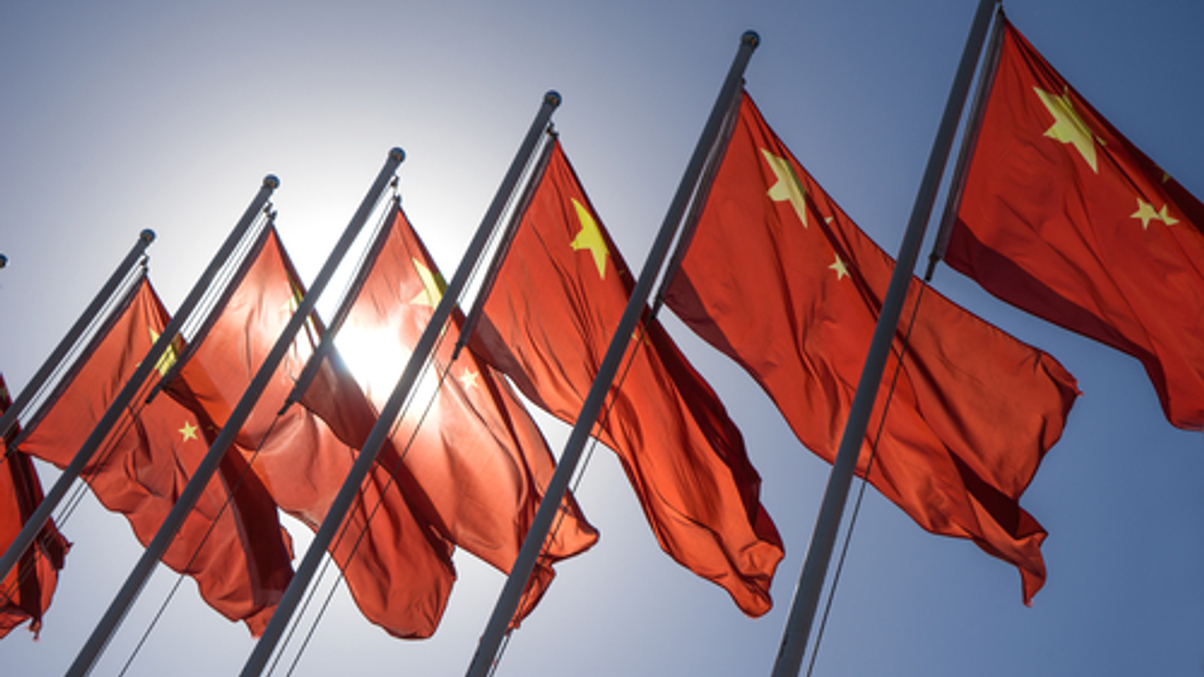Why hedge funds aren’t hungry for China WFOEs
Foreign asset managers are busy debuting onshore China products through their local units but hedge funds are in no rush to do so, thanks to high hurdles and low demand, say experts.

Large traditional asset managers may be busy launching the first onshore China private funds out of their new mainland branches — Aberdeen Standard, BlackRock and Schroders have done so in the last month — but most hedge funds appear in no hurry to make similar moves.
Sign in to read on!
Registered users get 2 free articles in 30 days.
Subscribers have full unlimited access to AsianInvestor
Not signed up? New users get 2 free articles per month, plus a 7-day unlimited free trial.
¬ Haymarket Media Limited. All rights reserved.


